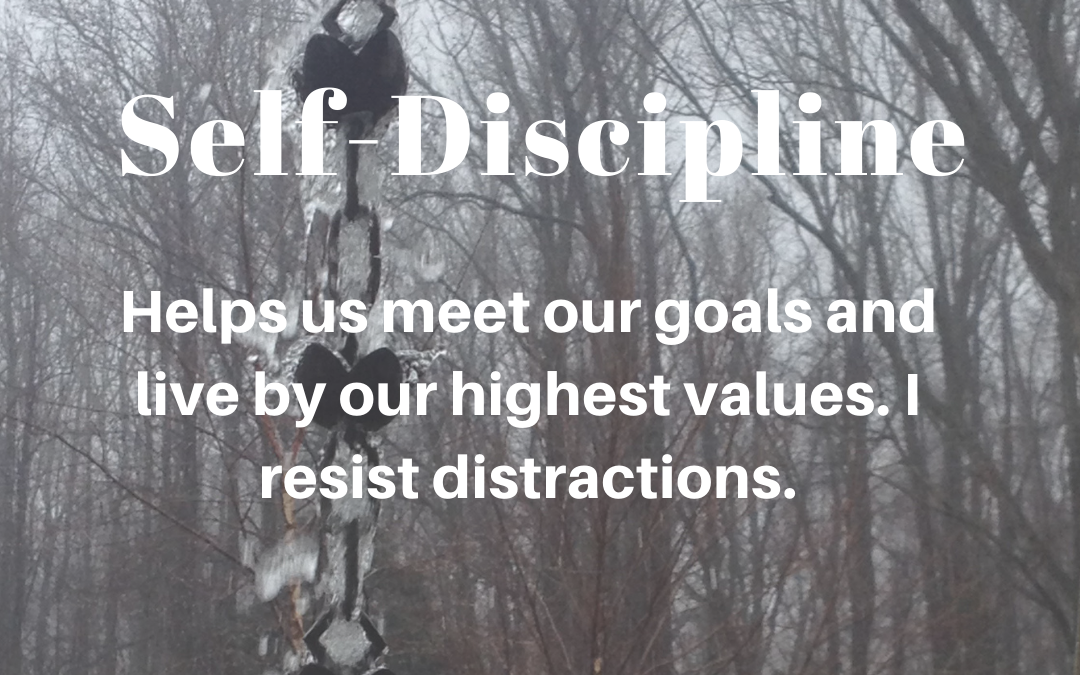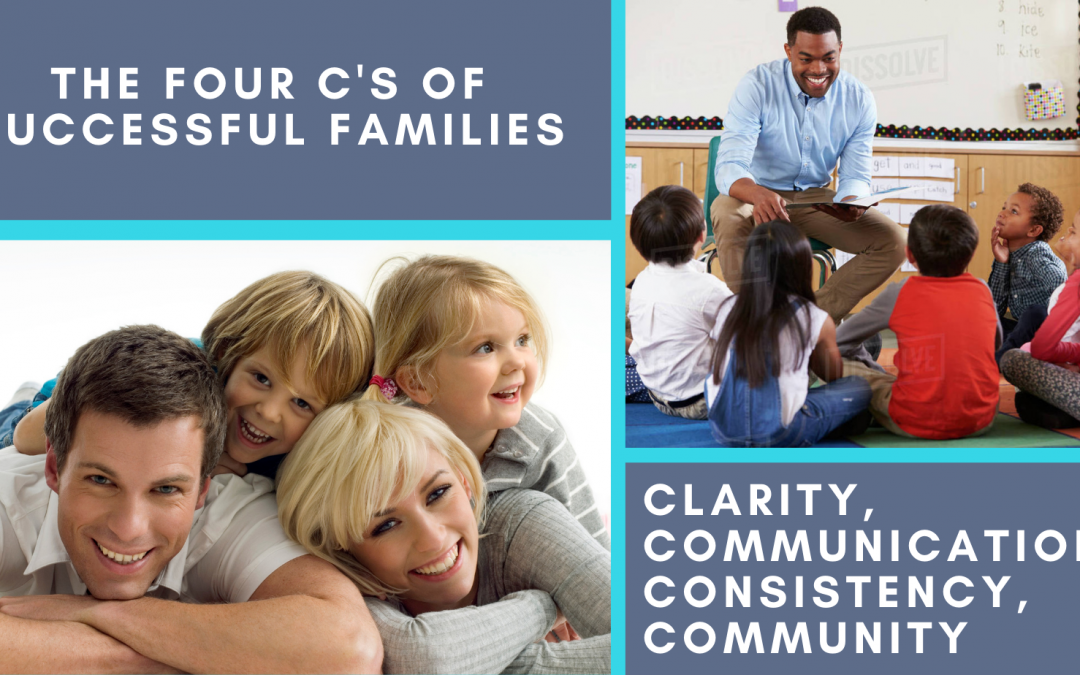
Good Advice from Grandma
Good Advice From Grandma
There is something special about grandmothers.
These matriarchs have backbones of steel with the gentleness of a dove. They have a knack for fun and imparting words of wisdom that last a lifetime.
Here are some life lessons that Grandma might have passed on to you:
1. Stay Tidy and Organized
Keeping your home clean, tidy and organized is timeless advice. A devotion to cleanliness isn’t just about surprise guests popping in, there are many benefits to an organized household. These benefits include less stress, more motivation and productivity.
2. Be On Time
Show others you respect their time by arriving on time, or even a little bit early. Besides being polite, it also allows you to pull yourself together and be ready for the meeting, appointment, or visit.
3. Treat Others as They Want to Be Treated
Be flexible in your approach with people. Different people might require a slightly different approach. They will appreciate the effort, and you will sharpen your people skills.
4. Love Yourself
Everyone has their struggles, but never forget to love yourself. Treat yourself like you would treat a loved one. Skip the negative self-talk and forget trying to be someone else. You are your own person, and that person is pretty special!
5. Bad Times Will Come – And They Will Pass
Nothing lasts forever, even the bad times in life. Acknowledge that you will face hard times, but they will not last. Take time to lick your wounds, but eventually you will need to put your chin up and move forward.
6. Good Manners Don’t Cost You a Dime
Using good manners doesn’t cost anything and brings harmony to your relationships. Remember to say “Please” and “Thank You” and, in general, be considerate of those around you.
7. Stay Firm in Your Convictions
While you should strive to be pleasant and polite, that doesn’t mean that you let people walk all over you. Stay firm to your convictions. Don’t let people make you feel like your core values and beliefs are wrong.
8. Don’t Be Afraid to Fail
Lessons are found in your perceived failures. If you succeed at everything, you risk learning nothing. So go out and fail at something, learn the lesson, and become a better person. You will be more apt to reach your goals, too.
9. Family (And Friends) First
Make family and friends a priority. A strong social circle gives you a firm foundation for success. In bad times, and good, these are the people you will turn to. Make sure to foster powerful relationships, by ‘giving’ as much as you ‘take’.
FAST-ACTION STEPS
1. Call a close relative. Have dinner with them, strengthen that relationship, and glean all the wisdom you can.
2. Look at your upcoming appointments for the week. Set a reminder to leave ten minutes earlier than you normally would.
3. Clean and declutter your house. (Remember: making an effort is more important than perfection.) You deserve a home that is welcoming and relaxing.
FURTHER READING
1. Grandma, Tell Me: A Give & Get Back Book
2. Grandma Says: Wake Up, World!
3. Stories from Grandma: A Fill-In Journal
4. Dear Grandchild, This Is Me
5. Grandma’s Storybook: Wisdom, Wit, and Words of Advice
I invite you to sign up for our newsletter. It is a great way to get the Virtue of the Month and tips on relationships, parenting, and self-care.
Sign up for our weekly newsletter – https://josephmichael.coach/newsletter/
Follow us on Facebook – https://www.facebook.com/CoachJosephMichael
Twitter Daily Virtues Pick – https://twitter.com/joevandeuren





